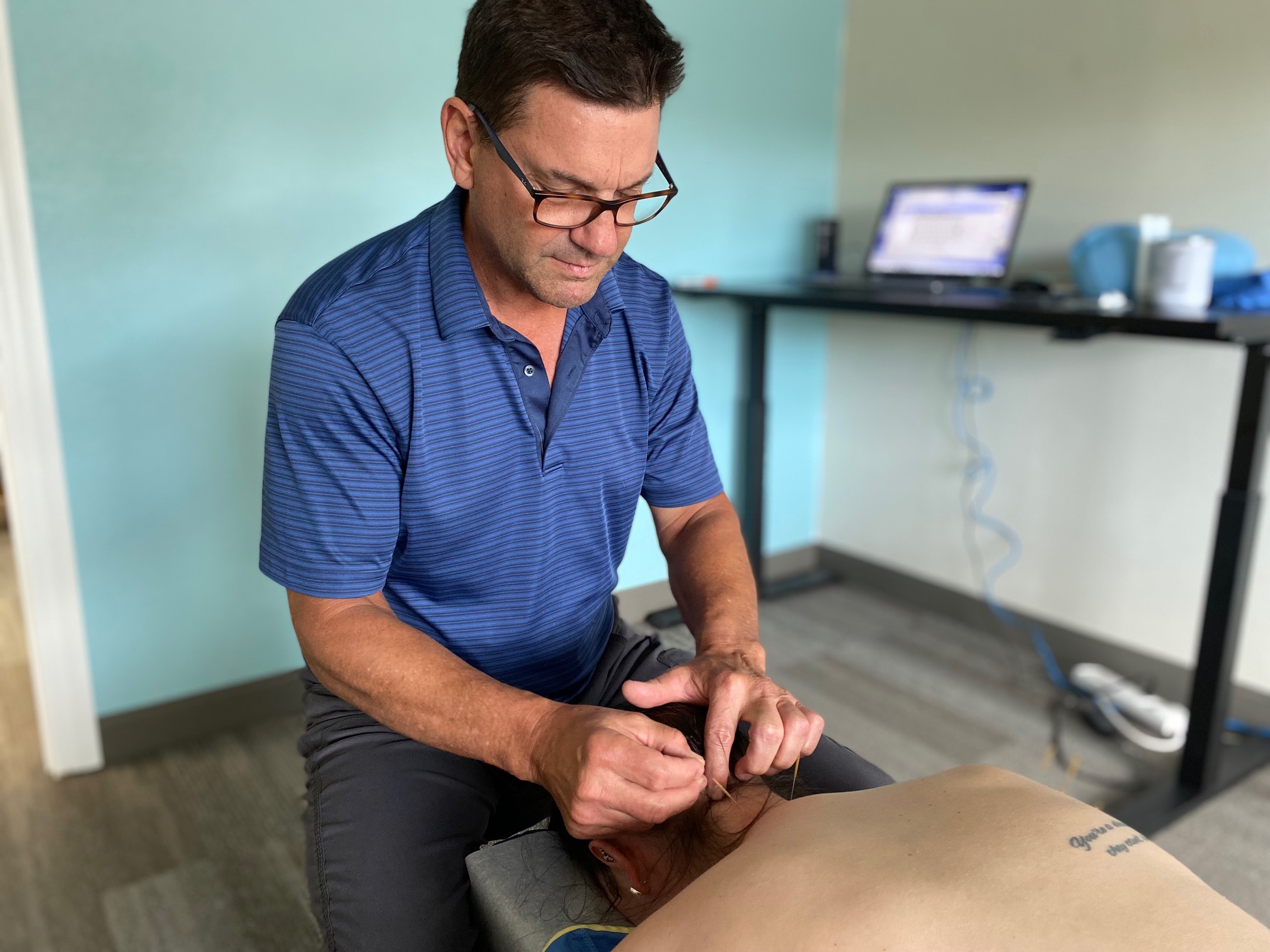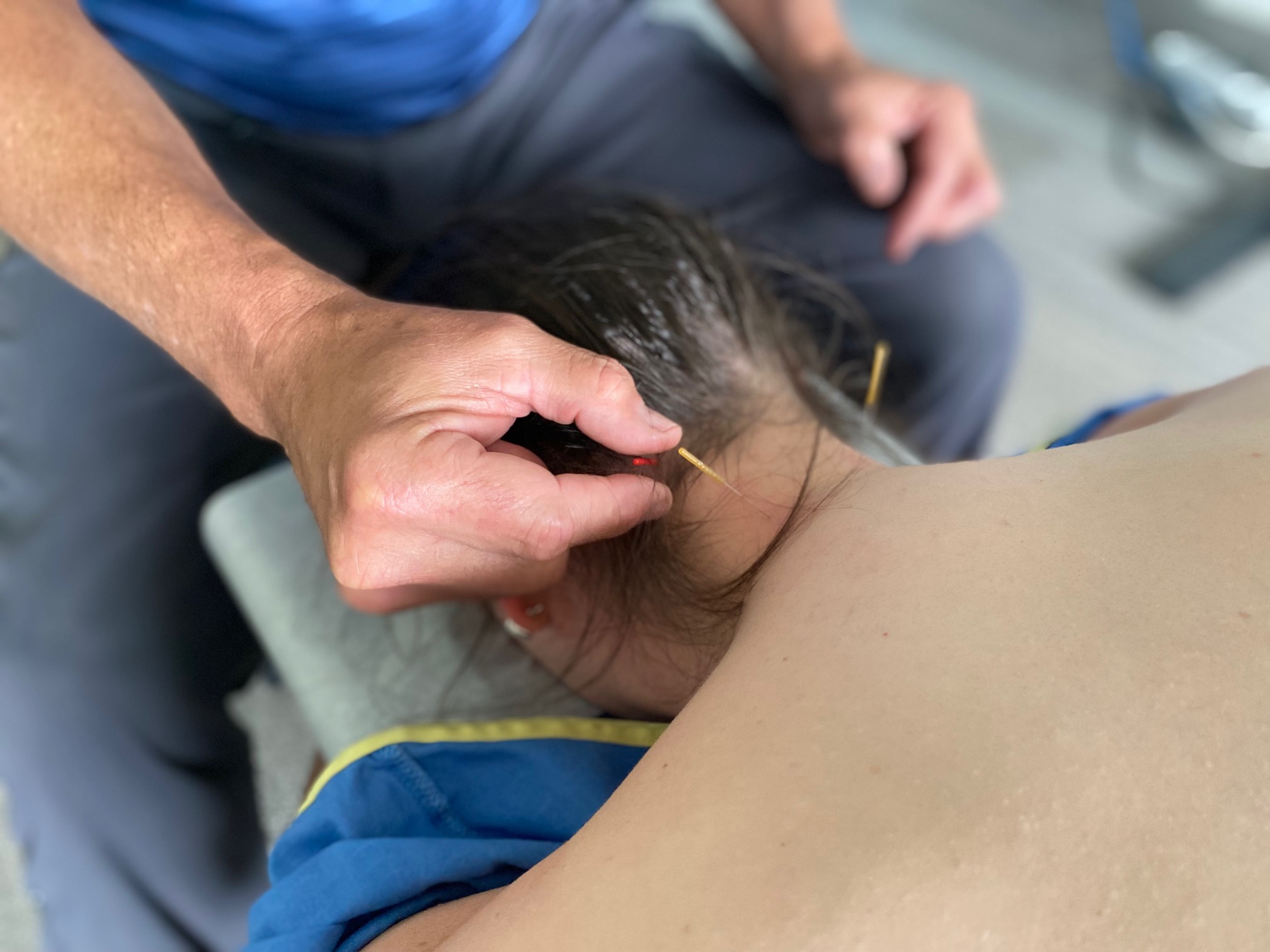6 Foods and Drinks to Avoid if You Have Osteoporosis
Osteoporosis is a common condition in our older patients, but there are things you can do to prevent or slow the progression of the disease. Most specifically watching what you eat and drink. There are foods that can leach calcium from your bones, or block your body from absorbing the calcium it needs.
What is Osteoporosis?
Osteoporosis is a condition that causes bones to become brittle and weak. It is very common, with more than three million people in the U.S. diagnosed each year. Women are at greater risk, especially white and Asian women, and it is more common after menopause. Bone mass peaks in our 20s and starts to decline after 30. Most people do not have any symptoms of osteoporosis until they are in their 60s. The bone loss caused by the disease can result in back pain, loss of height, stooped or hunched position, and bones that break easily.
What are the risk factors for Osteoporosis?
Women are at a higher risk of osteoporosis, especially if they are over age 50 and have gone through menopause. People who are petite are also at higher risk because they do not have the bone mass of someone larger or taller. Race also plays a factor. White and Asian people have a higher likelihood to develop the disease. If you have a family history of osteoporosis, you would do well to take preventive measures. Be especially cognizant of parents or grandparents who have broken hips or larger bones later in life – if there is a history there, you may be at risk.
6 Foods and Drinks to Avoid if You Have Osteoporosis or Are at High Risk
Soda
Soda is not good for you for lots of reasons, but for people with osteoporosis it should especially be avoided. Some studies have shown that soft drinks may have adverse effects on bone mineral density. Also, it is believed that if you are drinking soda, it is in place of a healthier beverage like milk or water. Sodas also contain caffeine and phosphoric acid, which may adversely affect bone.
Caffeine
You don’t have to completely give up coffee and tea, however, it may be a good idea to cut back on caffeinated beverages. According to the National Osteoporosis Foundation, drinking more than three cups of caffeinated coffee or tea a day may decrease calcium absorption and contribute to bone loss. Herbal teas typically do not contain caffeine, so feel free to indulge.
Salt
Salt is in a lot of our foods, especially processed food and dishes we get at restaurants (particularly chains). Salt actually encourages the body to excrete calcium. Whenever possible, cook at home for yourself and use salt substitute seasonings like Mrs. Dash, or substitute spices like garlic and onion powder. And avoid overly salty snacks like crackers and chips.
Red Meat
Protein is an essential part of any diet, but in our culture, protein generally equates to meat. Red meat in particular contains high amounts of sulfur-containing amino acids. To digest this influx, the body dissolves calcium from the bones and releases it into the bloodstream. People who have osteoporosis can’t afford to lose any calcium, so it’s best to minimize your intake of red meat and increase the amount of nuts and beans in your diet.
Alcohol
Mind you, we mean alcohol – the hard stuff. Beer and wine in moderation has been shown to increase bone density. However, excessive hard alcohol intake causes bone loss. The Dietary Guidelines for Americans defines moderate alcohol consumption as up to one drink per day for women and two drinks per day for men.
Wheat Bran
One hundred percent wheat bran decreases the absorption of calcium from other foods you eat at the same time. For instance, sprinkling wheat bran on your breakfast cereal may be counterproductive because the bran will decrease the amount of calcium your body absorbs from the milk.





